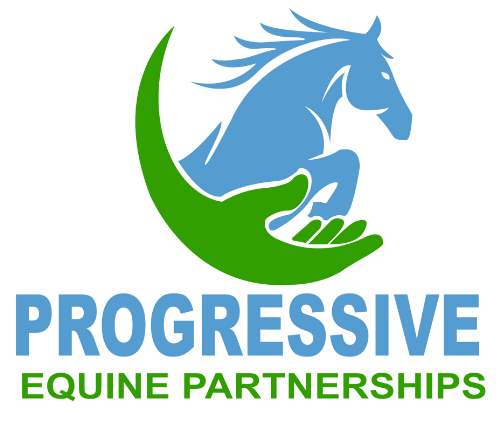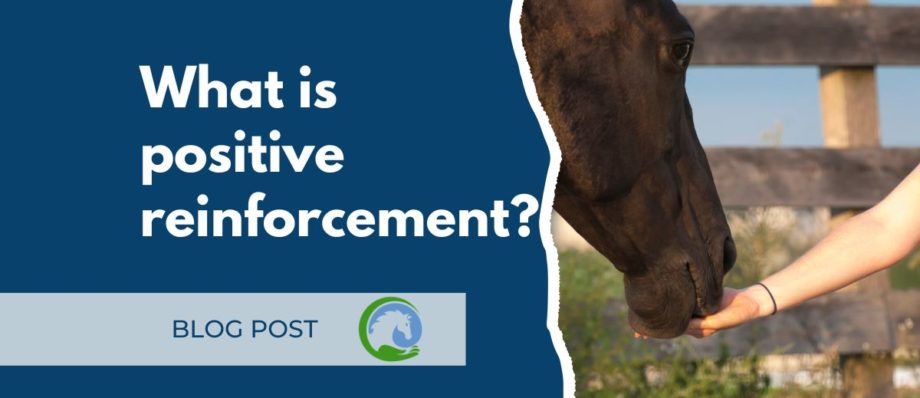What is positive reinforcement?
Positive reinforcement has become a buzzword in the equestrian community, with trainers and riders alike touting its benefits for improving horse behavior and welfare. But what exactly is positive reinforcement, and how does it help horses?
What Is Positive Reinforcement?
Proponents of positive reinforcement define it as rewarding desired behaviours rather than punishing unwanted behaviours. It is based on science, specifically operant conditioning, which states that an animal (including horses) will repeat behaviours that result in positive outcomes and avoid those that result in negative consequences.
In positive reinforcement training, trainers use rewards to reinforce good behaviour. For example, when the horse performs an action correctly, they receive a reward, which can be anything from treats, scratches, or praise. The idea is that the horse will associate the positive behaviour with the reward and will repeat that behaviour in the future.

How Does Positive Reinforcement Help Horses?
Positive reinforcement has several benefits for horses, including:
- Improved behavior: Horses respond better to positive reinforcement than negative reinforcement, such as punishment or correction. When they are rewarded for good behavior, they become more willing and eager to repeat it. This leads to better overall behavior and a more positive horse-human relationship.
- Reduced stress: Traditional horse training methods, such as using force and punishment, can cause stress and anxiety in horses. Positive reinforcement, on the other hand, promotes relaxation and reduces stress levels in horses.
- Increased trust: Horses are social animals and respond well to positive interactions with their peers and humans. When they are rewarded for good behavior, they learn to trust their handler and become more willing to engage in the training process.
- Faster learning: Positive reinforcement has been shown to speed up the learning process in horses. When they are rewarded for good behavior, they learn to associate that behavior with the positive outcome and are more likely to repeat it in the future.
- Better welfare: Positive reinforcement is a welfare-friendly training method that promotes a better quality of life for horses. By focusing on positive experiences and rewards, it helps to improve their emotional and mental well-being, which can lead to better overall health.
Conclusion
In conclusion, positive reinforcement is a scientifically based training method that uses rewards to reinforce good behaviour in horses. It has numerous benefits, including improved behaviour, reduced stress, increased trust, faster learning, and better welfare. By incorporating positive reinforcement into their training methods, horse owners and trainers can promote a positive and productive relationship with their horses.

Find a progressive equine professional who practicices using positive reinforcement by searching our directory of members commited to the highest standard of ethical practice.
Online learning with www.progressiveequinepartnerships.com
Visit our courses page and choose your free online course.



